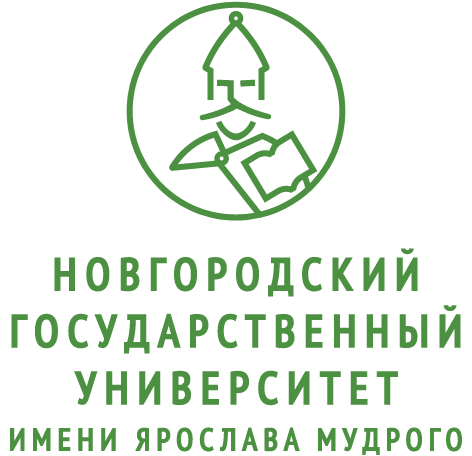«Слова для своих»: участие школьников-волонтеров в сборе регионального языкового материала
DOI:
https://doi.org/10.34680/VERBA-2024-2(12)-58-71Ключевые слова:
региональная лингвистика, регионализмы, русский язык, образованиеАннотация
Целью настоящей статьи является информирование о той роли, которую могут играть в сборе региональной лексики волонтеры-школьники, а также о материале, собранном в результате работы такого проекта, «Региональные особенности русской речи», реализованного в 2019 г. в 32 регионах России. В рамках проекта сбор региональной лексики проводился школьными командами на местах под руководством учителей и при постоянной связи с куратором-лингвистом. Участники проекта использовали социолингвистические методы и метод картографирования языковых фактов. По результатам исследования команда создавала собственную карту Google, выставляя на ней метки отобранных слов согласно тому месту, где было зафиксировано употребление данного слова. Из командных карт создавалась карта проекта. В результате геоинформационная система проекта была наполнена объектами – региональными словами; пользователю карты доступны записи, включая слово, толкование и контекст, сделанные в конкретном населенном пункте. В целом было собрано около 3000 единиц, включая как неологизмы, такие, как дальневосточное брасма́тик ‘тушь для ресниц’ или самарское би́чка ‘СМС с просьбой перезвонить’, так и старые диалектные слова, влившиеся в региональные варианты русского языкаи записанные в новых, современных контекстах.
Скачивания
Загрузки
Опубликован
Как цитировать
Выпуск
Раздел
Лицензия
Copyright (c) 2024 Verba

Это произведение доступно по лицензии Creative Commons «Attribution-NonCommercial» («Атрибуция — Некоммерческое использование») 4.0 Всемирная.








